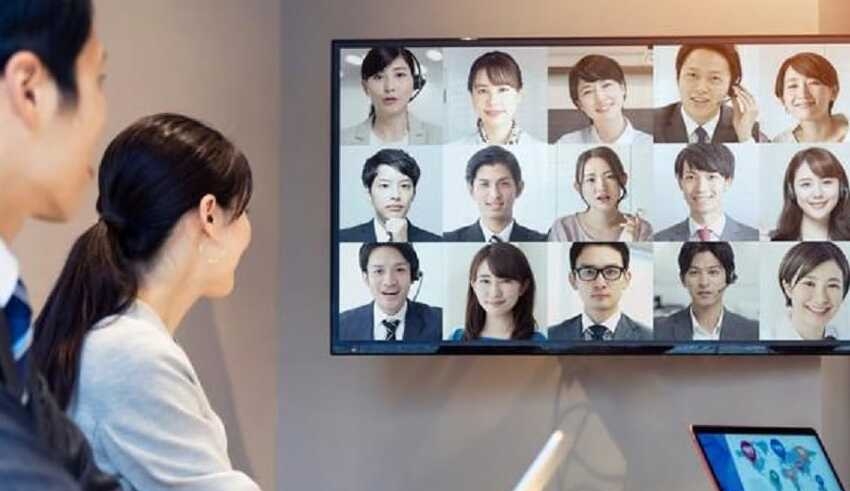
In a bid to bolster their expertise in critical technologies, Chinese companies have adopted unconventional methods to attract South Korean engineers. These strategies, aimed at acquiring knowledge in areas such as semiconductors, electric-car batteries, displays, and shipbuilding, highlight the intensifying competition for talent between China and South Korea.
An anonymous Chinese semiconductor executive revealed that one approach is to approach engineers outside factory gates of foreign companies and invite them to work at Chinese production lines temporarily. The executive specifically targeted engineers from prominent companies like TSMC, Samsung, SK Hynix, and foreign equipment suppliers who had fixed commuting times and available free time after work.
The increasing aggression from Chinese companies in acquiring South Korean technology stems from the tightening controls imposed by the United States, limiting Chinese access to American technology and expertise. Yeo Han-koo, former trade minister of South Korea, explains that the US measures have pushed Chinese companies to intensify their charm offensive toward Korean engineers, employing both legal and illegal means.
While legal recruitment of foreign talent is common and contributes to technology exchange, there are also instances of illegal hiring practices, patent violations, espionage, and theft. South Korea’s National Intelligence Service reports a steady rise in confirmed leaks of “national core technologies,” reaching 10 cases in 2021 alone, necessitating stringent measures to address the issue.
Keep Reading
To combat the leaks, the South Korean government has established new investigatory bodies, implemented stricter legislation and punishments, and streamlined the process of reporting suspected violations. These measures have led to an increase in arrests related to tech leakage in the first quarter of 2023 compared to the same period last year, demonstrating the government’s commitment to protecting national core technologies.
Ben Forney, a researcher specializing in industrial espionage at Seoul National University, highlights that the majority of cases involve Chinese companies enticing South Korean engineers, particularly retirees, with significantly higher salaries than their previous employment. To bypass South Korean rules preventing engineers from joining foreign rivals within two years of leaving their jobs, “paper companies” in South Korea or Taiwan are created as intermediary entities to pay engineers handsomely until they can be officially recruited.
The semiconductor industry faces particular pressure due to its strategic significance. Recent cases, such as the conviction of former employees of SEMES (a Samsung Electronics subsidiary) for transferring stolen technologies to a Chinese company, highlight the seriousness of the issue. Concerns extend beyond China, with South Korea wary of potential technology acquisitions by the US under the Chips Act, leading to unofficial guidance to battery companies to safeguard major technologies within joint ventures.
As South Korea takes steps to tighten regulations, enhance investigations, and impose stricter penalties, the intricate relationship between Chinese and South Korean tech ecosystems raises awareness of shared vulnerabilities. While the competition for talent intensifies, it is essential for South Korea to safeguard its national core technologies and maintain a balance between collaboration and protecting valuable intellectual property.



























